[Insert French Here]
Assassin's Creed's well-worn gameplay loops actually encourage exploration. Far Cry’s islands have mimicked AC’s viewpoints, garrisons, and you could even say swaps its own vehicular gameplay for Assassin’s Creed IV Black Flag’s naval forts. Yet in its own way, dusty, romantic Jerusalem founded the idea, at least in my mind, of these historical cities sporting believable crowds.
That certainly didn’t end with Florence or Rome as portrayed in Ezio’s adventures, and the same rings true with the cries for freedom in Paris. I’ve always enjoyed the way Assassin’s Creed portrays both heroes and villains when every action has such an impressive sense of purpose. Ubisoft’s multinational developers go to extreme lengths in proving every object and individual thrust in front of its murky lens, so the production values have scaled exponentially since the franchise first started. Where does it go from here?
I couldn’t finish Assassin’s Creed IV Black Flag despite my fandom, both professed and unappreciated by some readers. I had to take a day off from the series given the way climbing, stabbing, and naval exploration proved a massive mountain of gameplay. Still, it was the smearing of Templar and Assassin lines that lost me. Assassin’s Creed Unity, the latest game in the series for new-gen hardware, continues this in a more dynamic and entertaining way. You take on the role of Arno, both offline and, as was the case with Watch Dogs, online, though all should rest assured this is one of the most challenging games in the series. The overall narrative proves strong and eventually opens into the most believable and fully-realized environments ever contained in a video game.
In truth, some may rightly claim not enough has changed in Unity’s core of climbing, assassinating, and free-running. Without naval-based gameplay, they may feel something is lacking in sea-level (har) variety considering that deep combat loop. You’ll stumble upon murder mysteries, clean assassination missions, and full-on brawls with scores of enemies. Co-op and four-player missions have even greater depth and variation thanks to the way larger structures with interiors have plenty of guards. Arno also proves likable early on in the adventure.
Once you land outside the Notre Dame with an assassination target, it’s clear Arno’s journey will take the worldwide conflict between Templars and his order nowhere. Things feel more personal, and that seems unbelievable given the way you’re always close to a massive landmark of history and culture. The city itself becomes a character within and without, splashing drama into Arno’s path in riots, whispers, mission markers, and unbelievable crowds. Textures only look more realistic and believable as the light changes. Arno takes the oath in front of Assassin leaders, yet the bloody French Revolution that follows wastes no time in testing his blade from behind lacy cuffs. The whole time I kept wondering if I really wanted to scale more of the gorgeous, ornate architecture.
In fact, Assassin’s Creed Unity nearly stumbles into the uncanny valley with its Anvil Next engine and sidesteps it ever so slightly by scaling characters and objects such that they’d sooner look like dolls. Clothing textures vary so greatly and react to lighting incredibly as to heighten this effect. It truly does work in the game’s favor. Even if you hate the characters, you’ll get drawn into the story with each cutscene and special sequences that challenge you to race between portals and tears connecting history. Arno spots a few potential f***-ups that seemingly result from Abstergo’s product and the way assassins are trying to hack into it.
Yes, that does mean that you’ll likely encounter a few odd bugs and glitches, either trapping your character in the geometry briefly or allowing you to fall through the world. In a tear sequence, these things are highly stylized and half-expected. All told, I wish there were more of them in the game, though everything breaking the Paris you explore for the remainder is disappointing. I could easily stand to see the series play with both history and “the subject’s” perception of time as a plot device. Locomotion also manages to improve on previous entries with greater variation of roof and tree-running lines.
Rooftops stand tall, sloped, and wide, which encourages sliding and leaping into trees, windows, onto platforms, and further upwards, but I couldn’t help feeling like I wanted Arno to go even faster almost all of the time. Rarely did it matter, with the exhaustive historical recreations and vividly painted, yet restrained and believable, streets. I still can’t help but fall for the playful historical twist on action and adventure, but its quiet drama sets quite a stage for itself too.
Somewhere after memory sequence seven, you’re instructed to infiltrate a building at the heart of a huge riot, and these scenes sell Assassin’s Creed Unity as a product of incredible artistic talent. You’ll feel like everything is a set-up, which ends up making these crowds incredibly important. If the next beat or objective doesn’t pay off, all the technology driving the scene fails to prove its worth. In this particular event, you’ll see burning effigies smoldering and billowing smoke over an uproarious crowd gathered by the guillotine. Navigate through that mess and you’ll find yourself inside a huge compound with several stories packed with guards.
That’s when you meet Napoleon Bonaparte, who makes a suave and debonair debut before immediately asking for help in fending off more enemies. Combat never really stops in Assassin’s Creed Unity, so it’s to the overall product’s detriment for removing things like chained kills. Setting off an alarm doesn’t have the same destructive satisfaction as blowing up an enemy’s ship in Black Flag, and for that, twenty-minute combat encounters feel like wasted time.
Where many games have taken a crap on dainty dining plates and a full tea set for Napoleon, Assassin’s Creed introduces him as shrewd and deserving of respect. He has a means of escape and provides the next steps for Arno on the trail of a Templar murderer. This frames him as less of a task-giver and more a revolutionary paving his own road through the conflict that is consuming Paris. That doesn’t mean Napoleon is Arno’s most frequent or even most interesting companion, though you'll feel turned against both Templars and Assassins by the end.
Rather than forgoing series history, Assassin’s Creed Unity maintains a nested narrative and the unsteady balance of brotherhoods that so persistently put us in the middle. You are the star of this Assassin’s Creed game, but Unity maneuvers around pitfalls created by series success and serialization. Few games happen to achieve the kind of solidifying mechanical blueprint for the future like Unity does for Ubisoft here. In the city and single-player campaign alone they’ve hammered home climbing and free-running without letting you completely break the laws of physics.
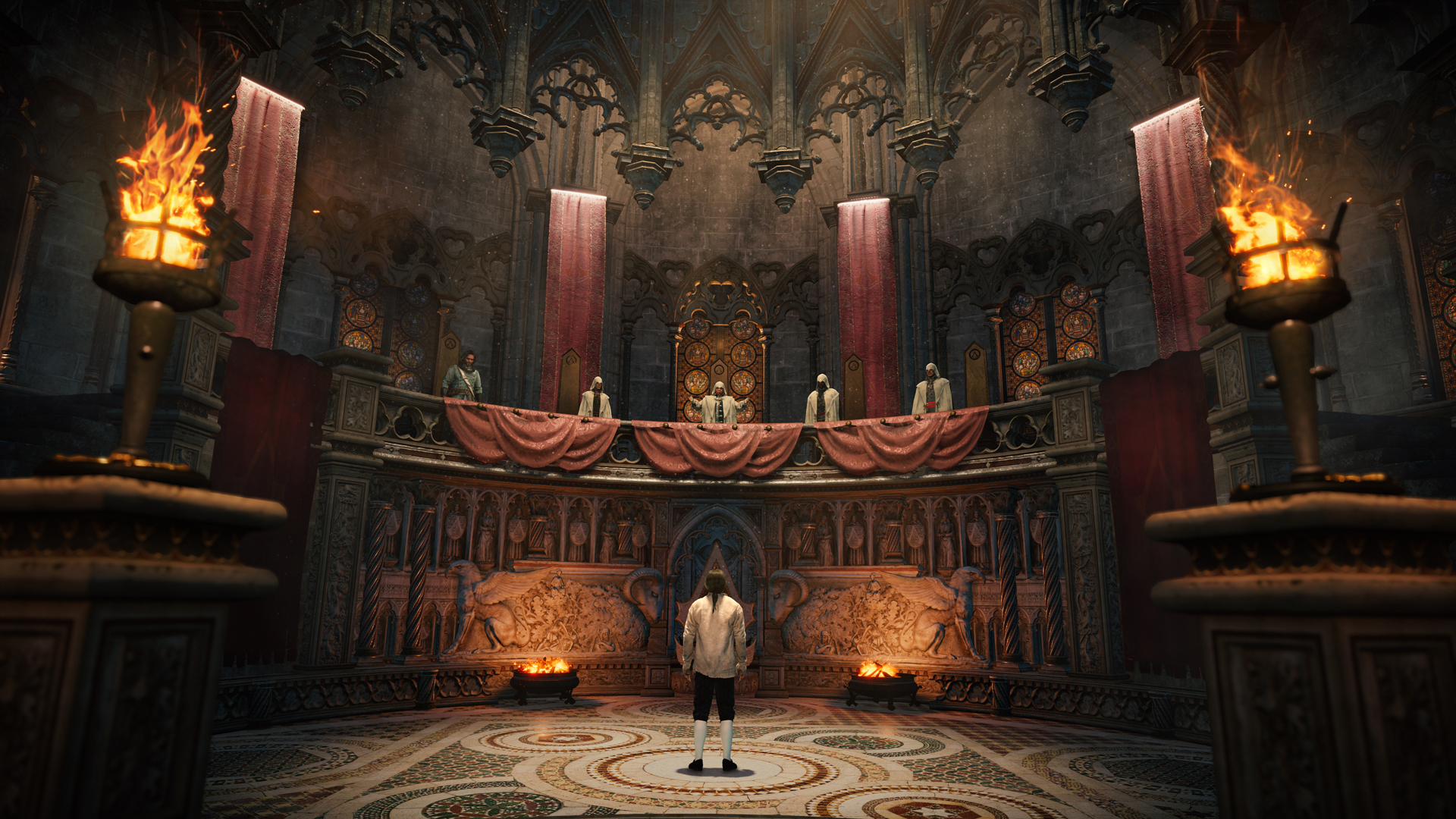
Where Black Flag blurred the lines between Assassin and Templar orders, Assassin’s Creed Unity paints that line thick across a city equal parts serene and filth. The combat systems remain far from deep, though button mashing and using abilities and tools wisely opens up plenty of options for delivering a blade to the throat, or side, or wherever. Its narrative proves engaging and transportive. The game’s story suffers without a secondary combat loop to break it up, though competitive and team gameplay will inevitably fill in the gaps, as Paris is incredibly fun to run around in.
In addition to online multiplayer, you can upgrade and collect treasures in the Cafe Theatre location that offers letters from co-star Elise, various collected weaponry, and art. The bright, sunshine-soaked courtyard inevitably drew me into a more pensive mood and away from the narrative. Paris itself is draped in scenery like it. Every foggy morning vista and each smoky riot hoisting an effigy aflame and drenched in polygonal depth readily took my breath away, making Unity one of the most gorgeous and realistic open worlds I’ve ever seen.
I can’t pass up the opportunity to complain about the game’s difficulty, however. Some encounters leave you feeling antsy and ready for the next attempt at efficient and sneaky stabbing, but the truth is patience and stealth remain favorites. Unity may be the hardest game the franchise has produced thus far. Regardless, I welcome any open-world game that can dedicate resources to this kind of heavily-directed play while maintaining the living environments you spend most of your time in.
Code provided by publisher. Review based on Xbox One version. Also available for PlayStation 4 and PC.
-
Absolutely stunning open world
-
Paris feels alive and rife with activity
-
Weather systems and lighting drench the scenary
-
Free-running lines are aplenty
-
Co-op and multiplayer missions
-
Difficulty spikes with every enemy mob
-
Lots of one-hit kill animations
-
Glitches and system-crashing bugs
-
Arno and Elise as leading Assassin and Templar
-
Highly varied textures, buildings, interiors
-
No naval gameplay(?)
-
Inter-history portal tripping
Assassin's Creed Unity Gallery
-
Assassin's Creed Unity Gallery #1
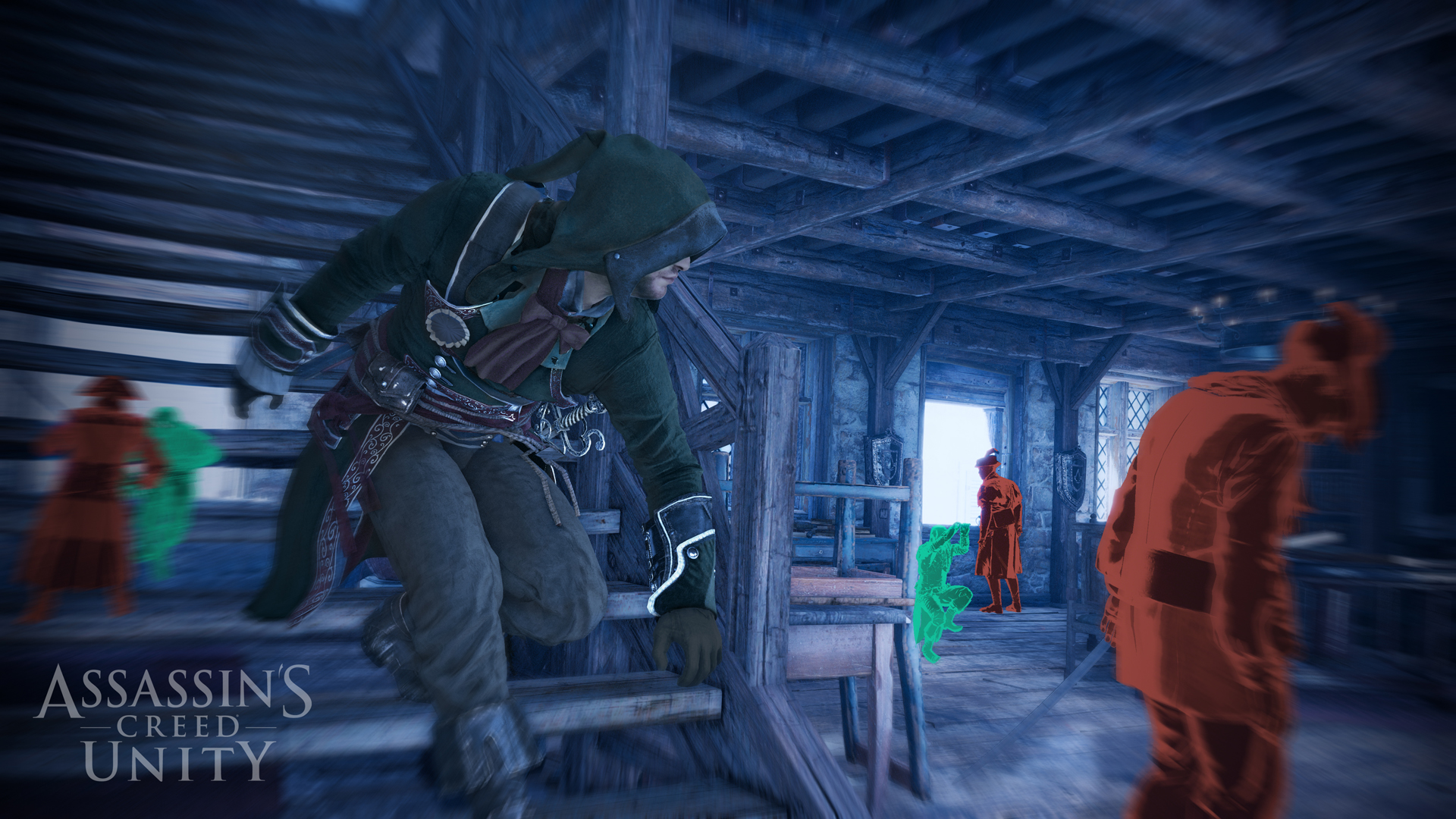 [Click for full-size image]rn
[Click for full-size image]rn -
Assassin's Creed Unity Gallery #2
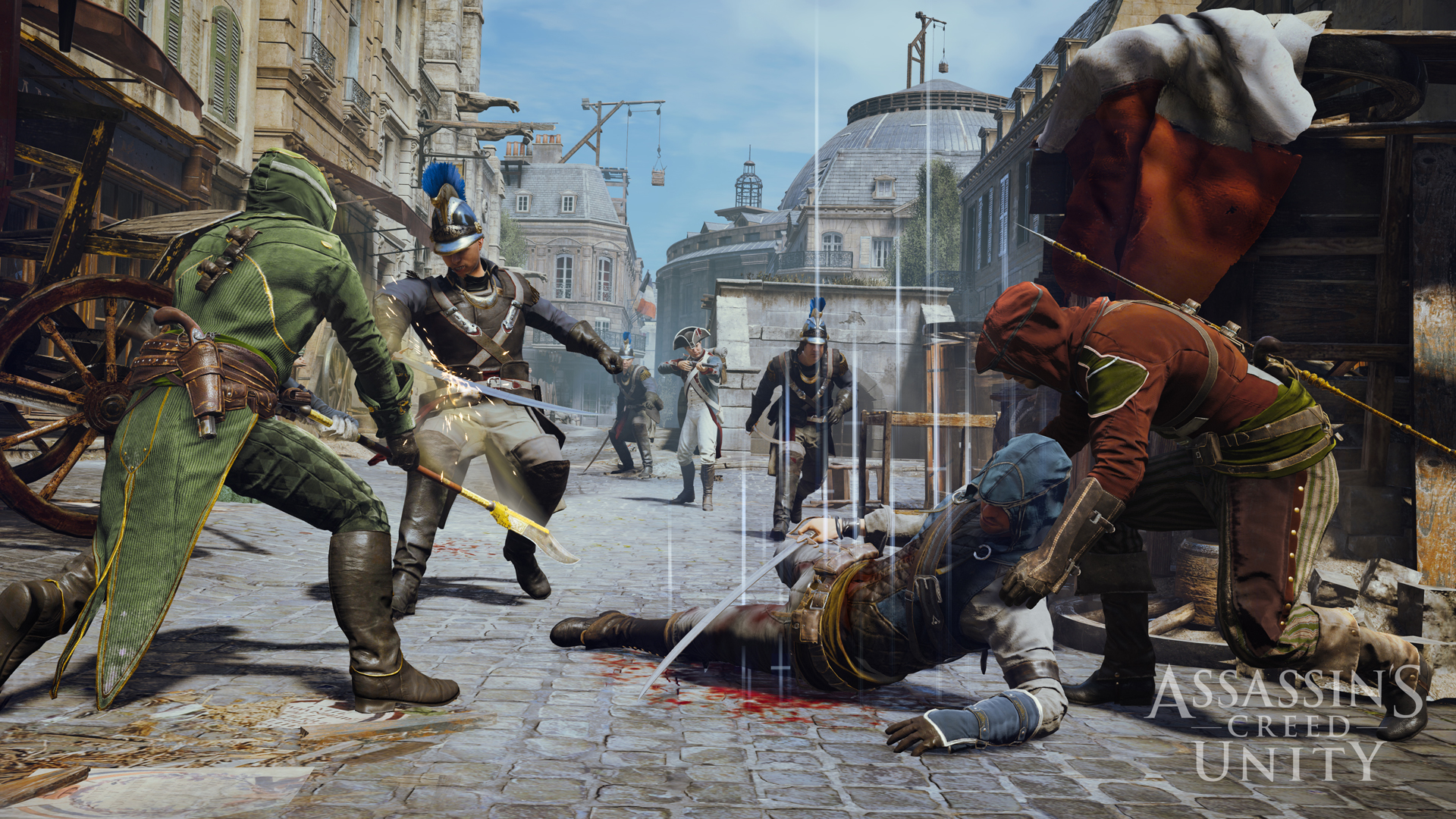 [Click for full-size image]rn
[Click for full-size image]rn -
Assassin's Creed Unity Gallery #3
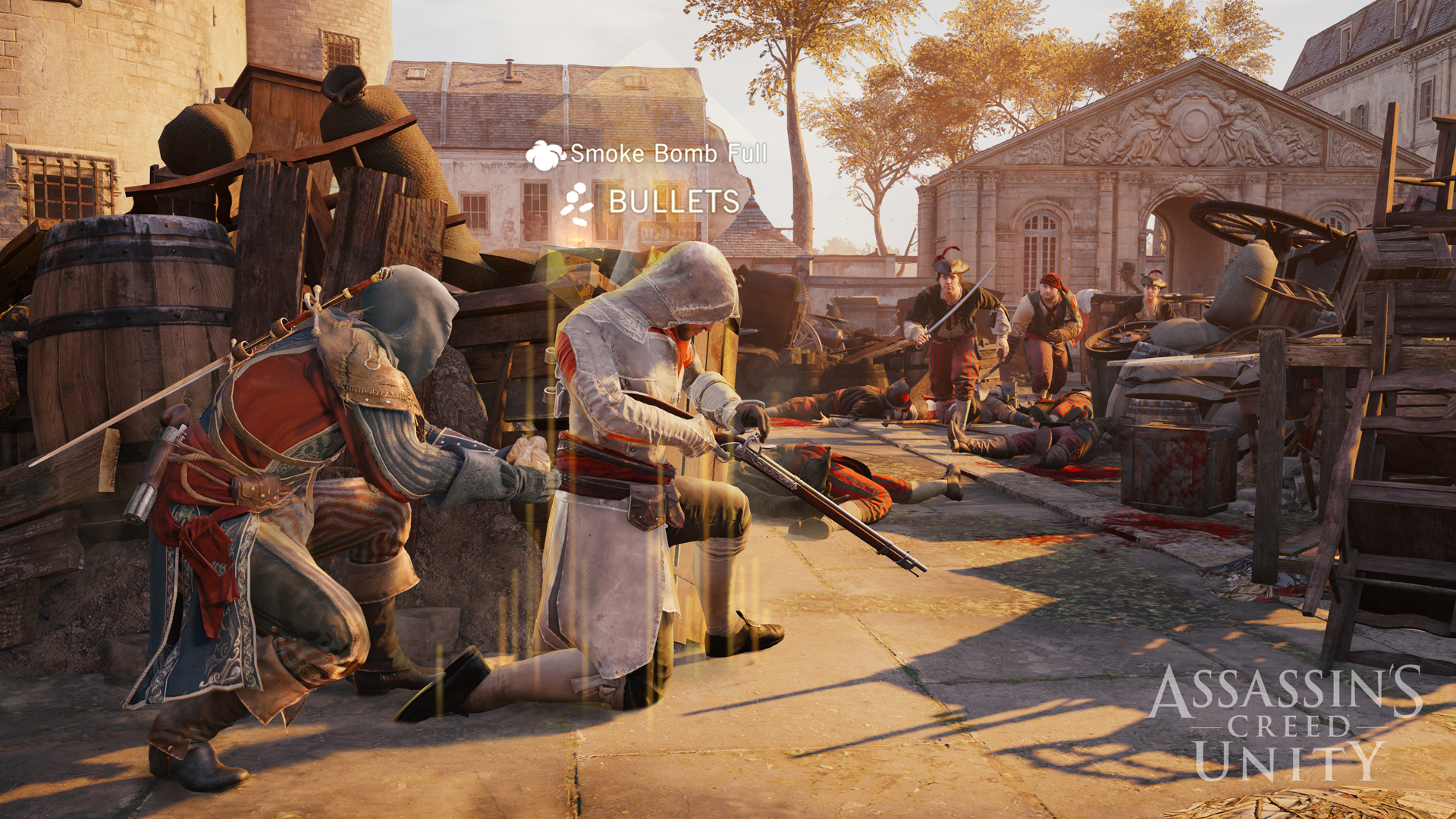 [Click for full-size image]rn
[Click for full-size image]rn -
Assassin's Creed Unity Gallery #4
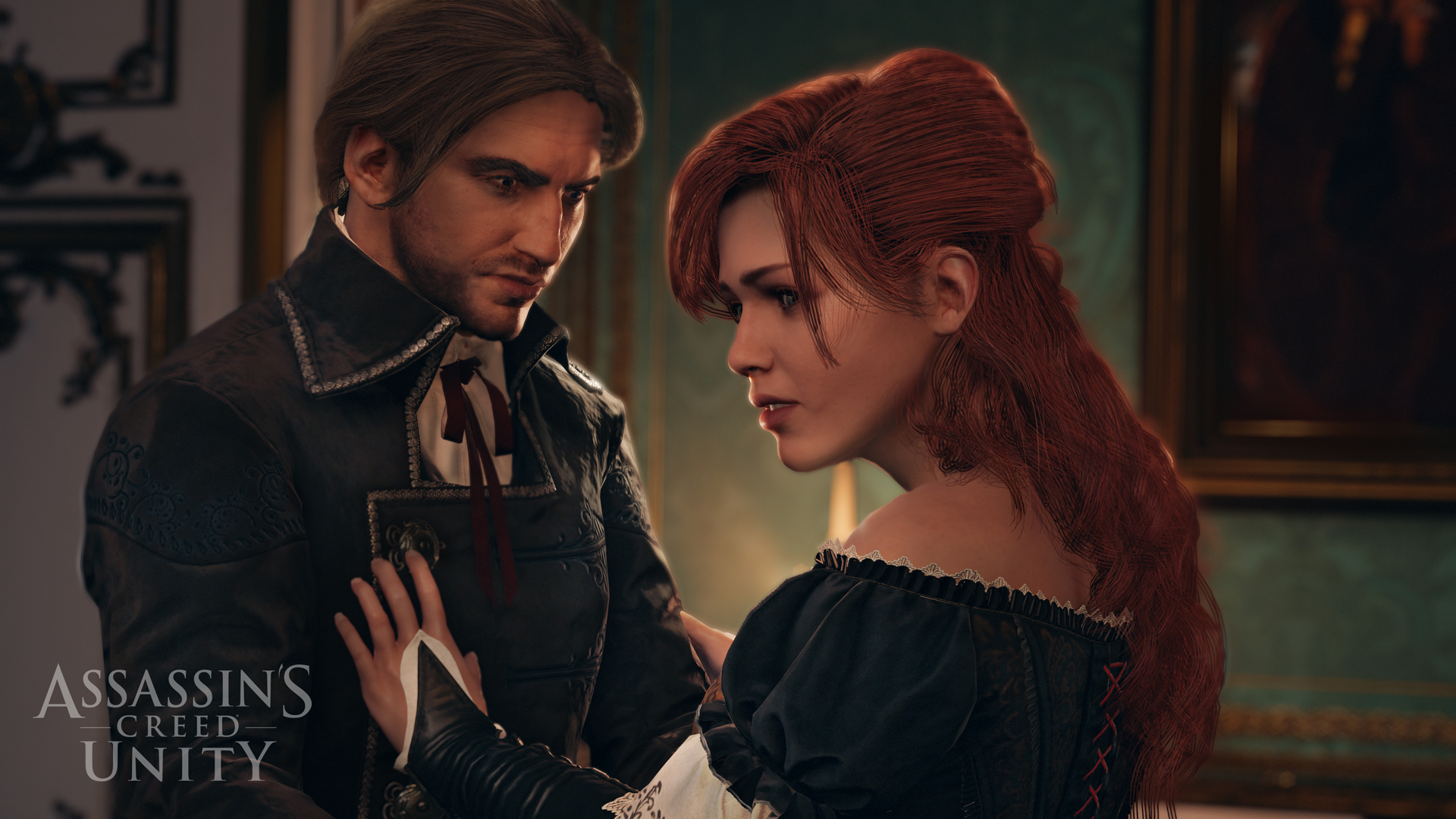 [Click for full-size image]rn
[Click for full-size image]rn -
Assassin's Creed Unity Gallery #5
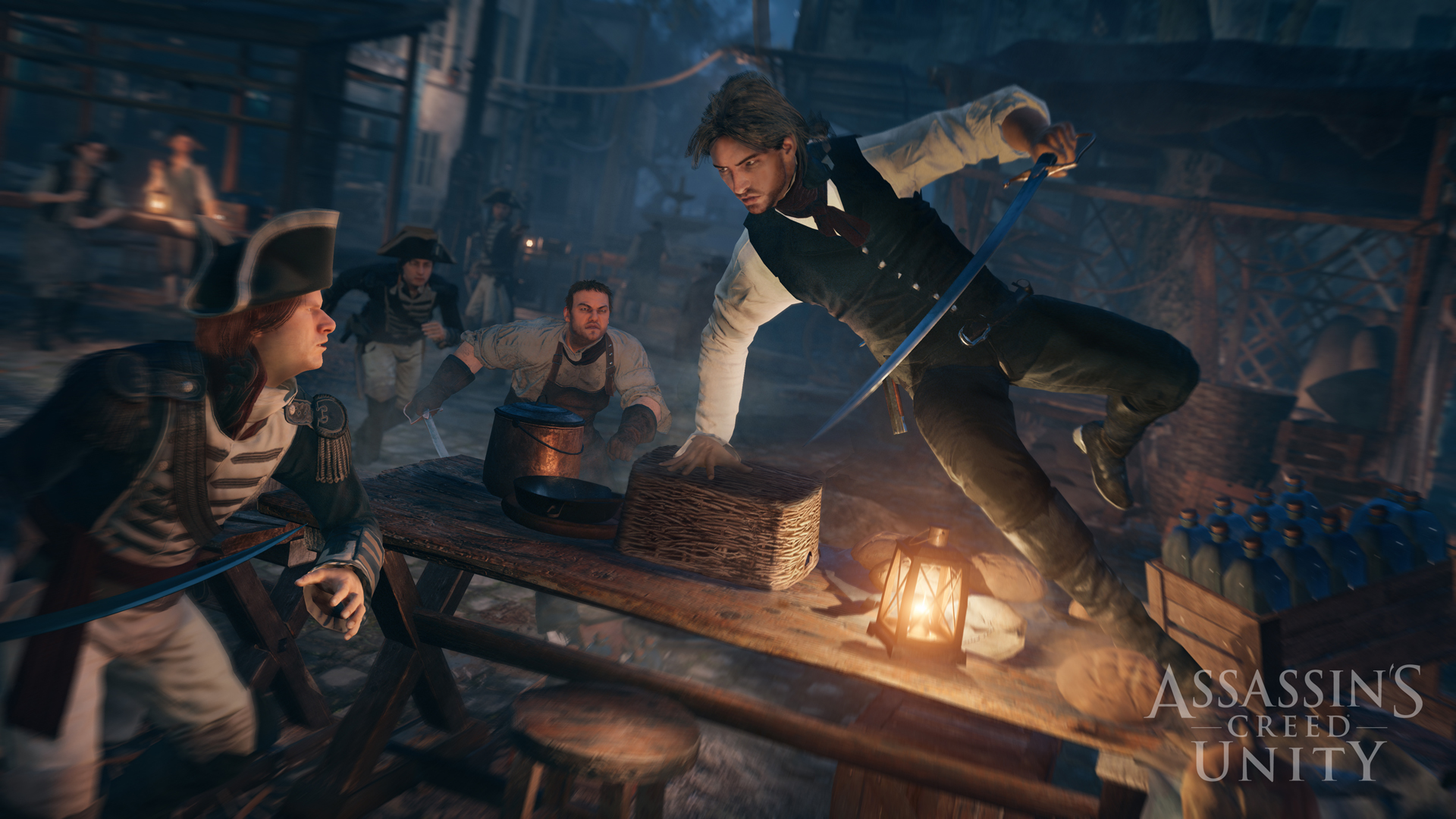 [Click for full-size image]
[Click for full-size image] -
Assassin's Creed Unity Gallery #6
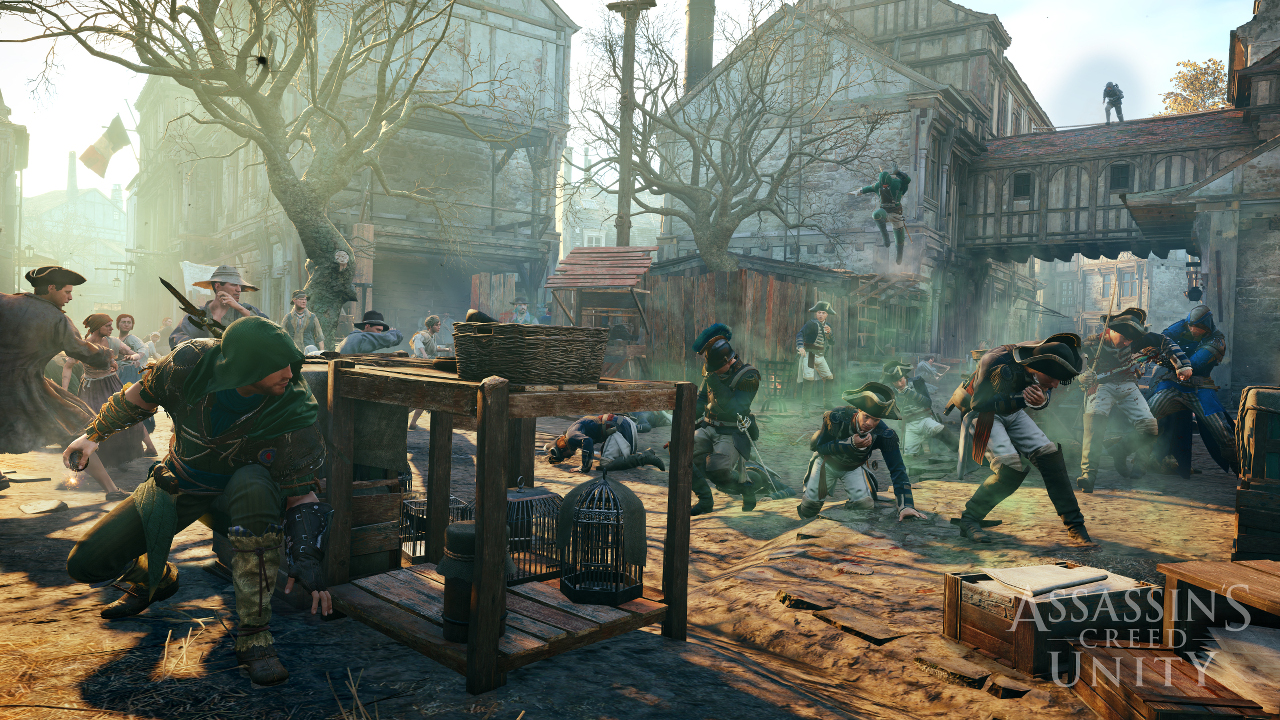 [Click for full-size image]
[Click for full-size image] -
Assassin's Creed Unity Gallery #7
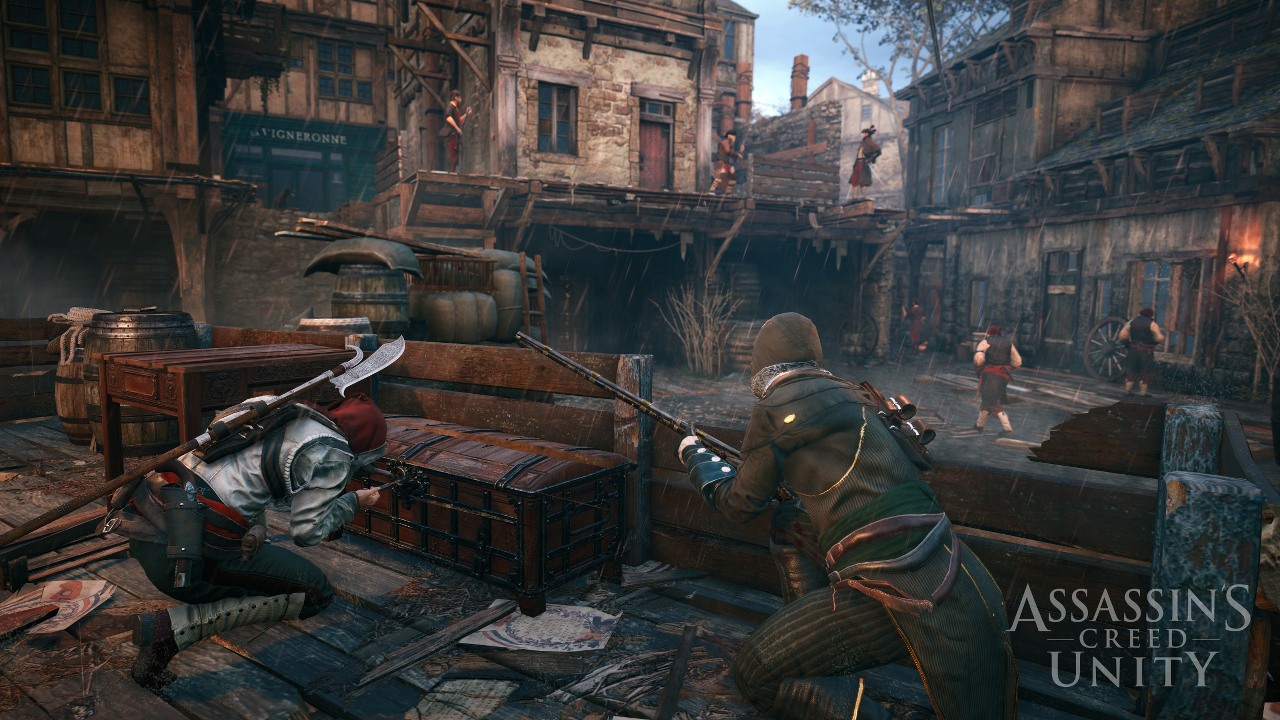 [Click for full-size image]
[Click for full-size image] -
Assassin's Creed Unity Gallery #8
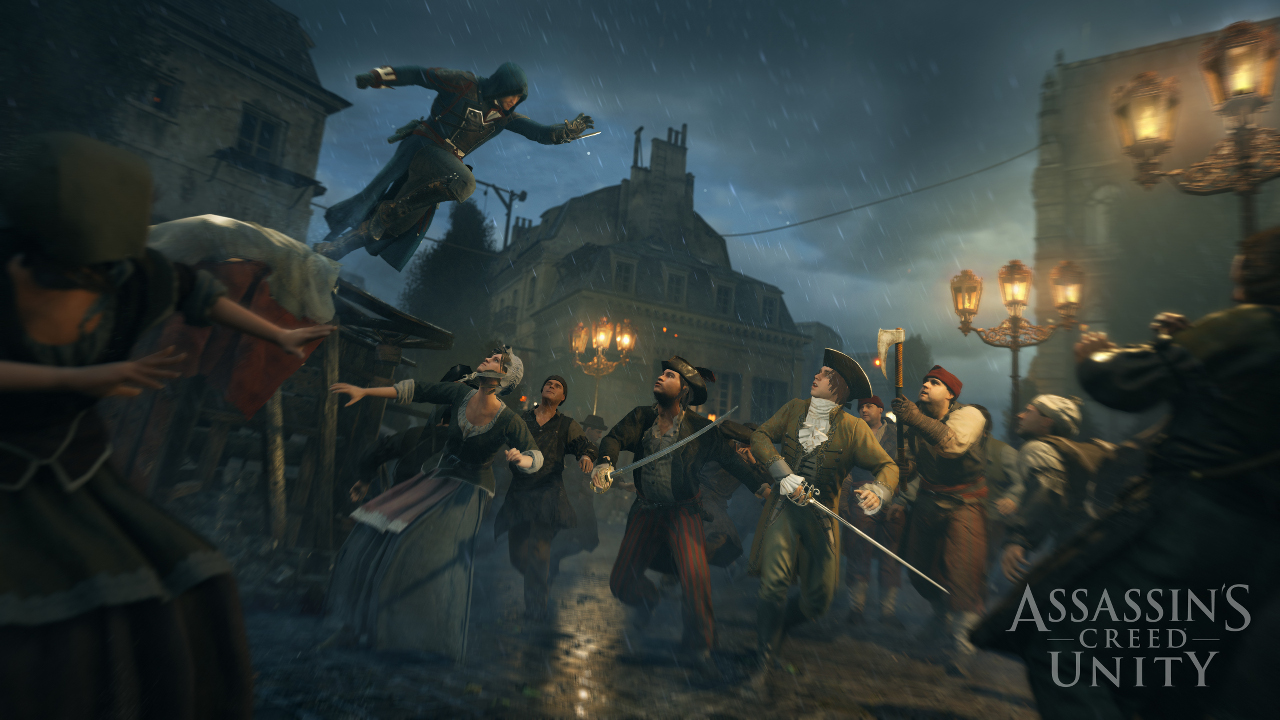 [Click for full-size image]
[Click for full-size image] -
Assassin's Creed Unity Gallery #9
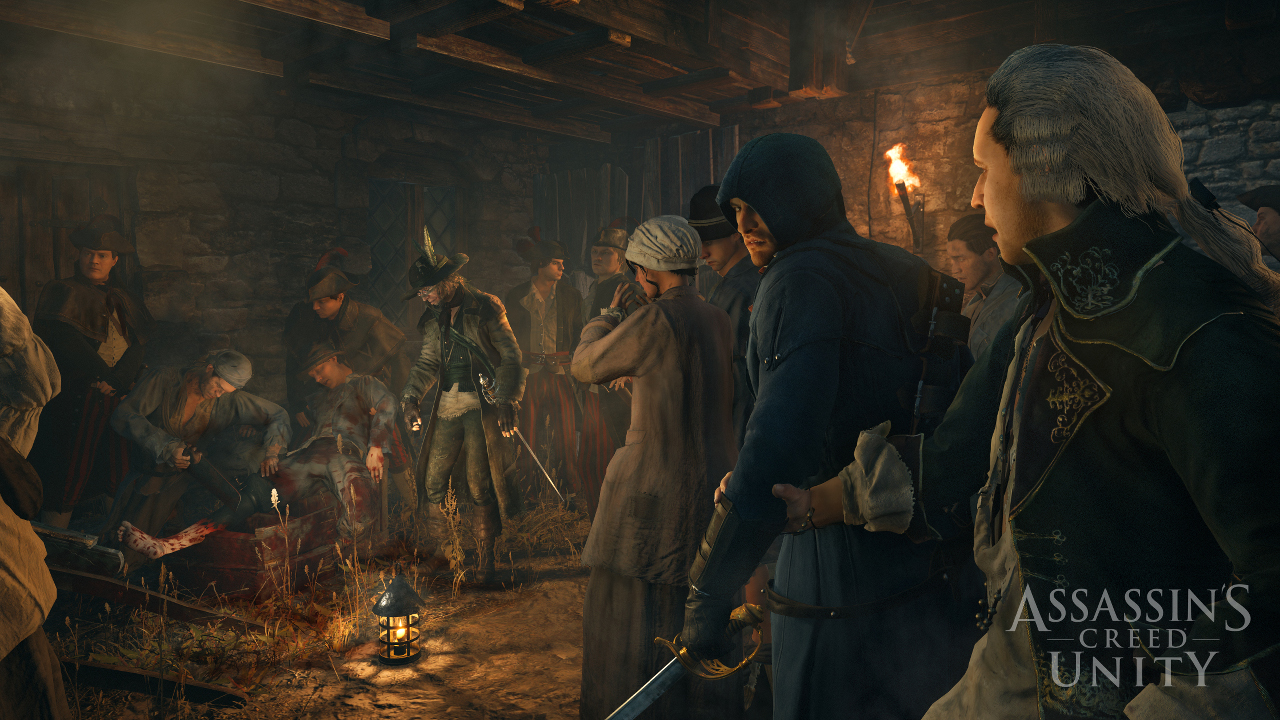 [Click for full-size image]
[Click for full-size image] -
Assassin's Creed Unity Gallery #10
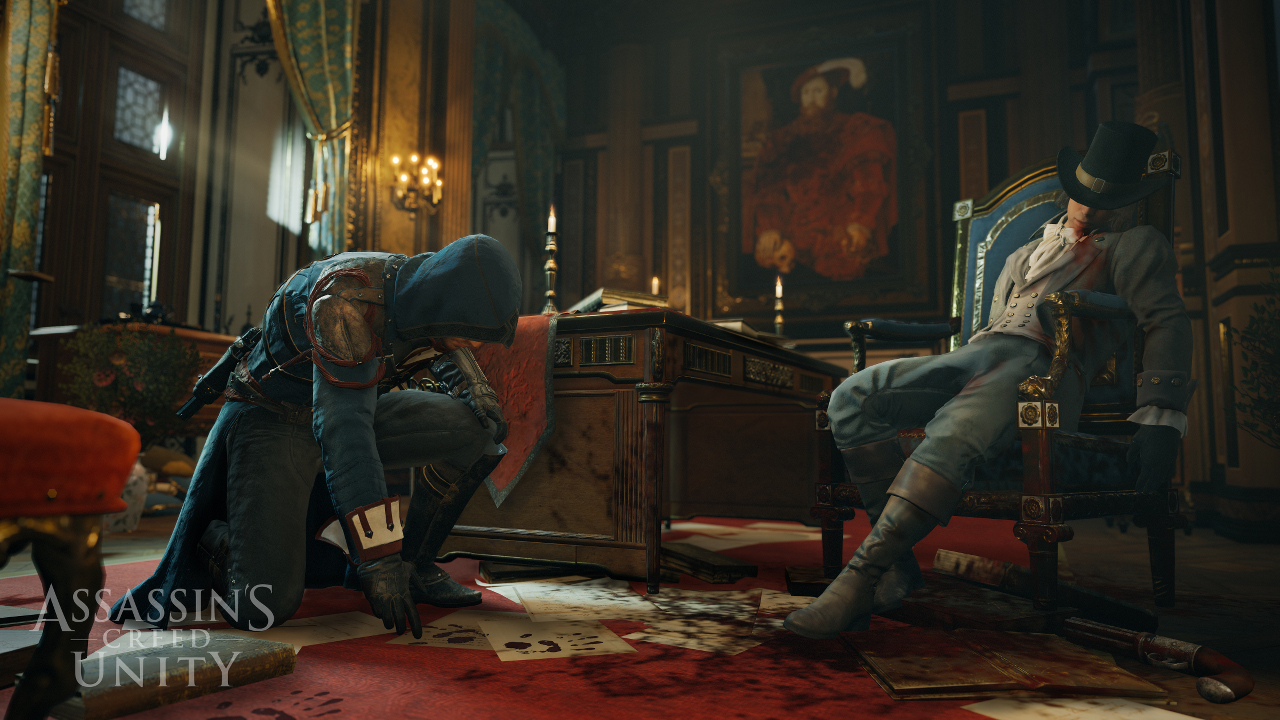 [Click for full-size image]rn
[Click for full-size image]rn -
Assassin's Creed Unity Gallery #11
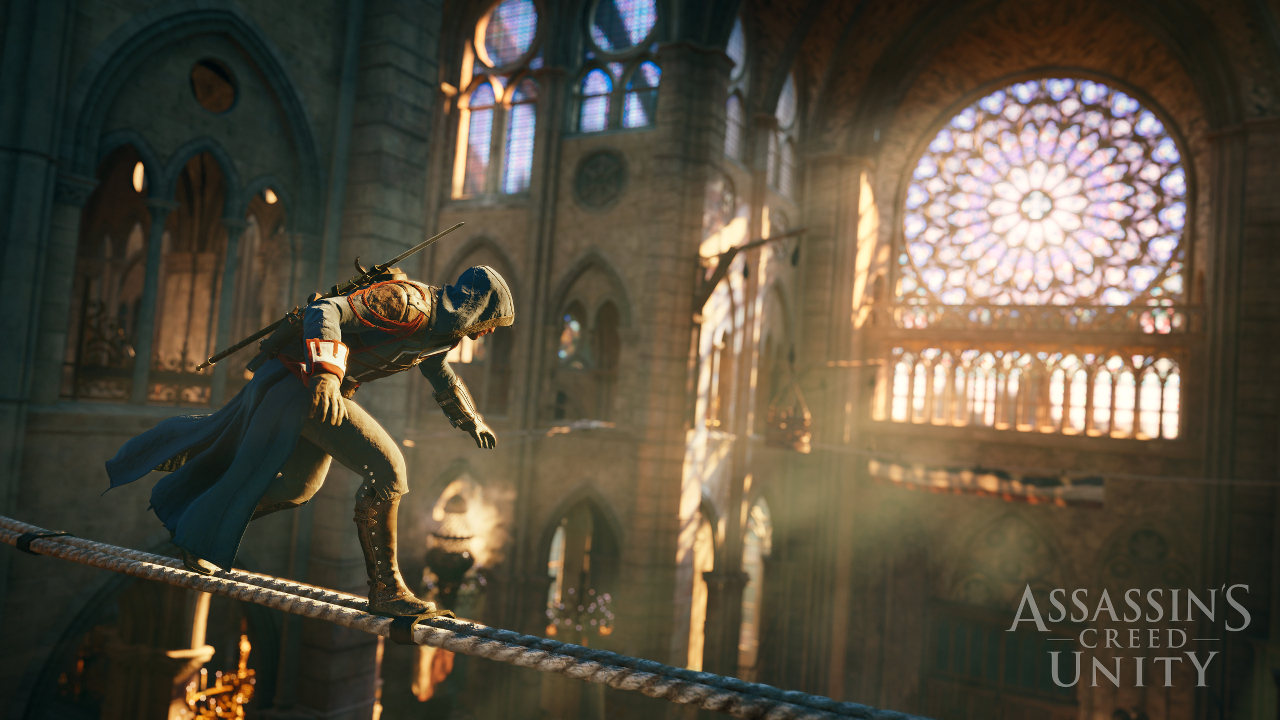 [Click for full-size image]
[Click for full-size image] -
Assassin's Creed Unity Gallery #12
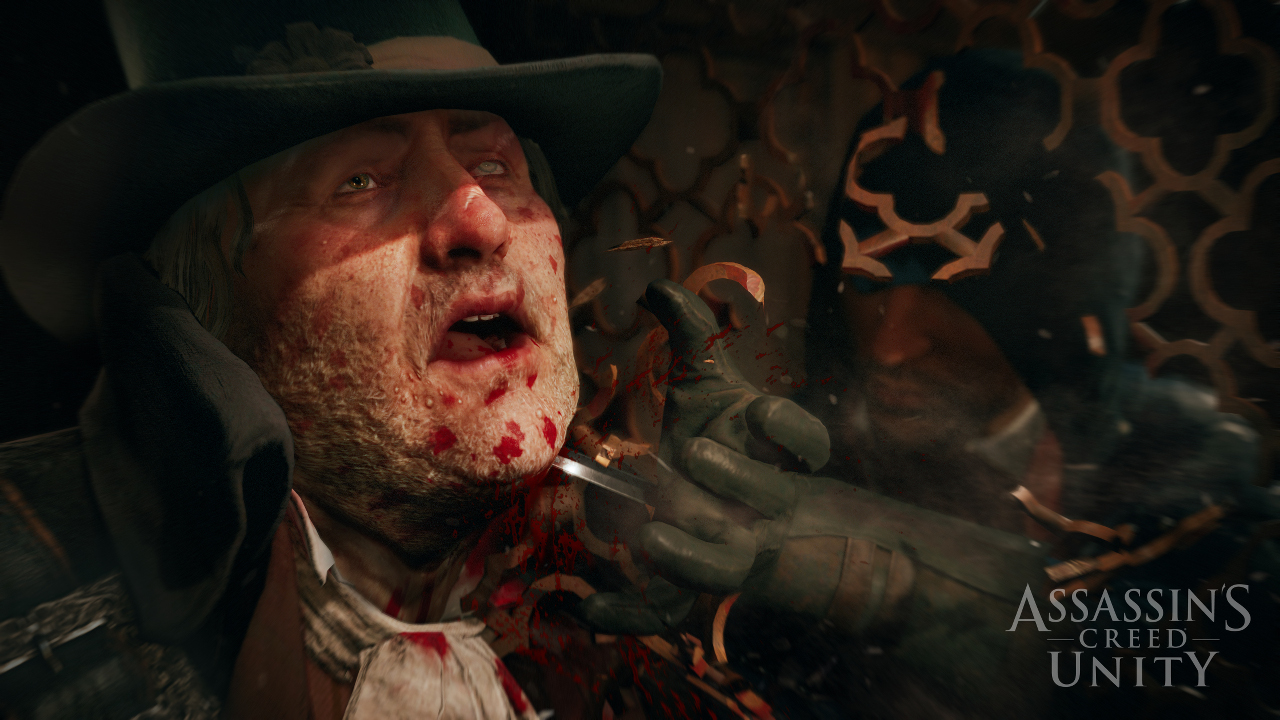 [Click for full-size image]
[Click for full-size image] -
Assassin's Creed Unity Gallery #13
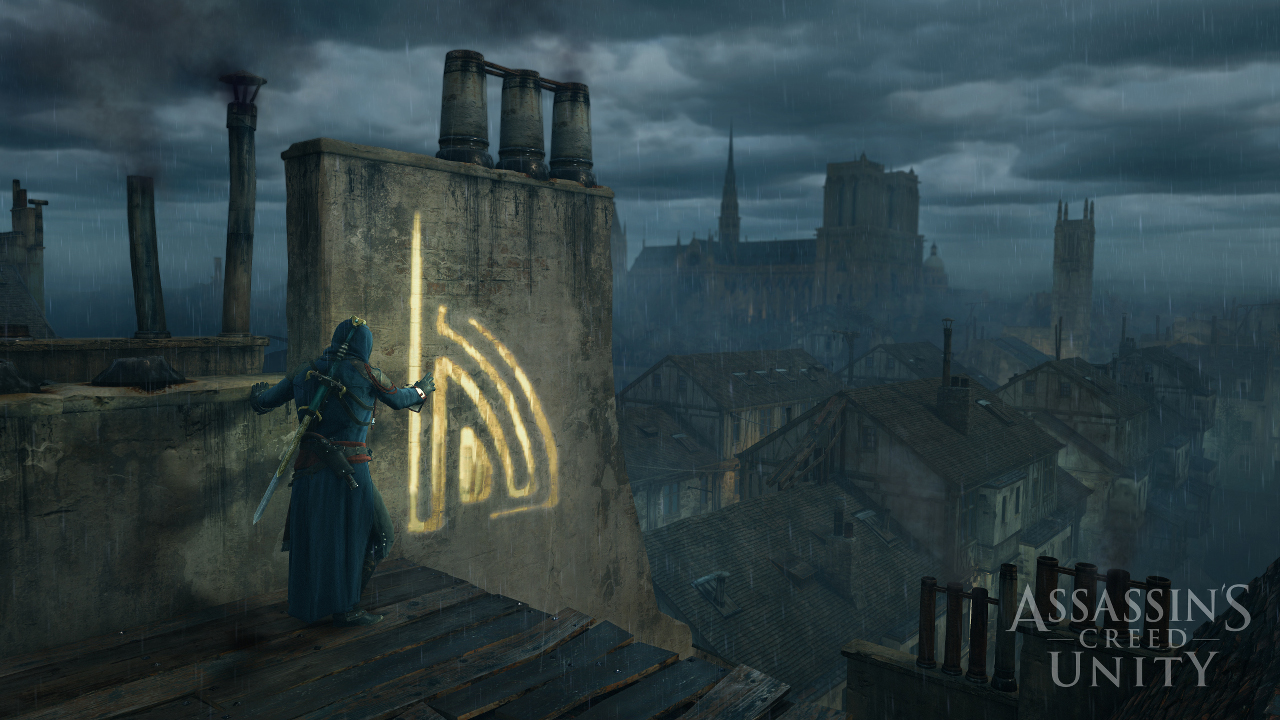 [Click for full-size image]
[Click for full-size image]







